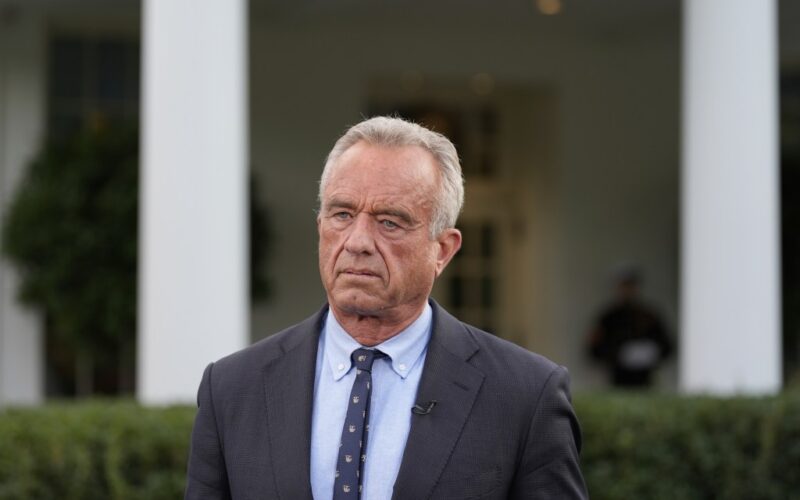There are plenty of good reasons to ban the TV advertising of prescription drugs, but coming from the anti-science, anti-medicine Trump administration and the dangerous anti-vaccine crackpot Health and Human Services Secretary Robert F. Kennedy Jr., the motivation is suspect.
It is aimed to attack the pharmaceutical companies? Or hurt the revenues of the TV networks? Or both? We are more than skeptical that the underlying reason has much to do with the health of Americans and the concerns of their doctors.
The idea itself is a sound one, to get rid of those happy TV ads with people singing and dancing about some medication or another, while listing some side effects, like may cause immediate death. The new rule would require disclosure of all side effects, meaning that pharmaceuticals would shy away from bombarding consumers with these pitches.
There really is no reason for consumers to be marketed drugs that they cannot legally buy over the counter. Medical professionals go through a hell of a lot of study to determine how to best treat their patients, including what medicines to prescribe; this is not the type of situation where we should want patients to be pressing their doctors to write prescriptions for whatever they want.
That’s not to say that doctors are infallible or that people should not advocate for themselves and their medical needs, but hearing a jiggle or seeing an ad for some medication between “Law & Order” reruns is not an ideal way to get health information.
Bill Frist, who served as the Republican Senate majority leader until 2007, and who is also a cardiothoracic transplant surgeon, wanted the ads off the air many years ago. On the other side of the ideological aisle, Sen. Bernie Sanders introduced the End Prescription Drug Ads Now Act three months ago.
Many of us that have had friends or family visit from abroad have heard the same bewildered comment: why do your TV stations have these constant pharmaceutical ads? They’re banned in almost all of the developed world. It’s often only regarding it from that foreign perspective that we can see how unusual this ecosystem of consumer pharmaceutical marketing is globally, one more in a list of those quintessential Americanisms that confuse the rest of the world, like not being able to afford otherwise accessible medicine or casually buying a gun.
So why are the RFK Jr.-infected FDA and the Department of Health and Human Services pursuing this now? Amid all their terrible actions, did they just happen to stumble into one positive move? We don’t buy that, but that doesn’t mean that the ads should stay on TV.
As we’ve said several times before, the pharmaceutical and health delivery systems in this country, as with all massive commercial sectors, are worthy of significant regulatory scrutiny. They have at times acted in ways that are directly counter to the goals of health and the public good, and we should want leaders that are able to question and, when needed, take on these big interests in service to the public interest.
That does not and has never meant that it is a good idea to toss overboard centuries of medical practice and go with RFK’s preferred approach to health, which seems to be based on vibes and whatever his friends and allies can sell untested supplements and other products over real peer-review science (which we doubt will be the focus of this regulatory push).
Rein in the pharmaceutical industry and their TV ads, but don’t condemn millions to needless deaths and suffering when it comes to vaccines, health tracking, biomedical research and everything else RFK has gone after.








